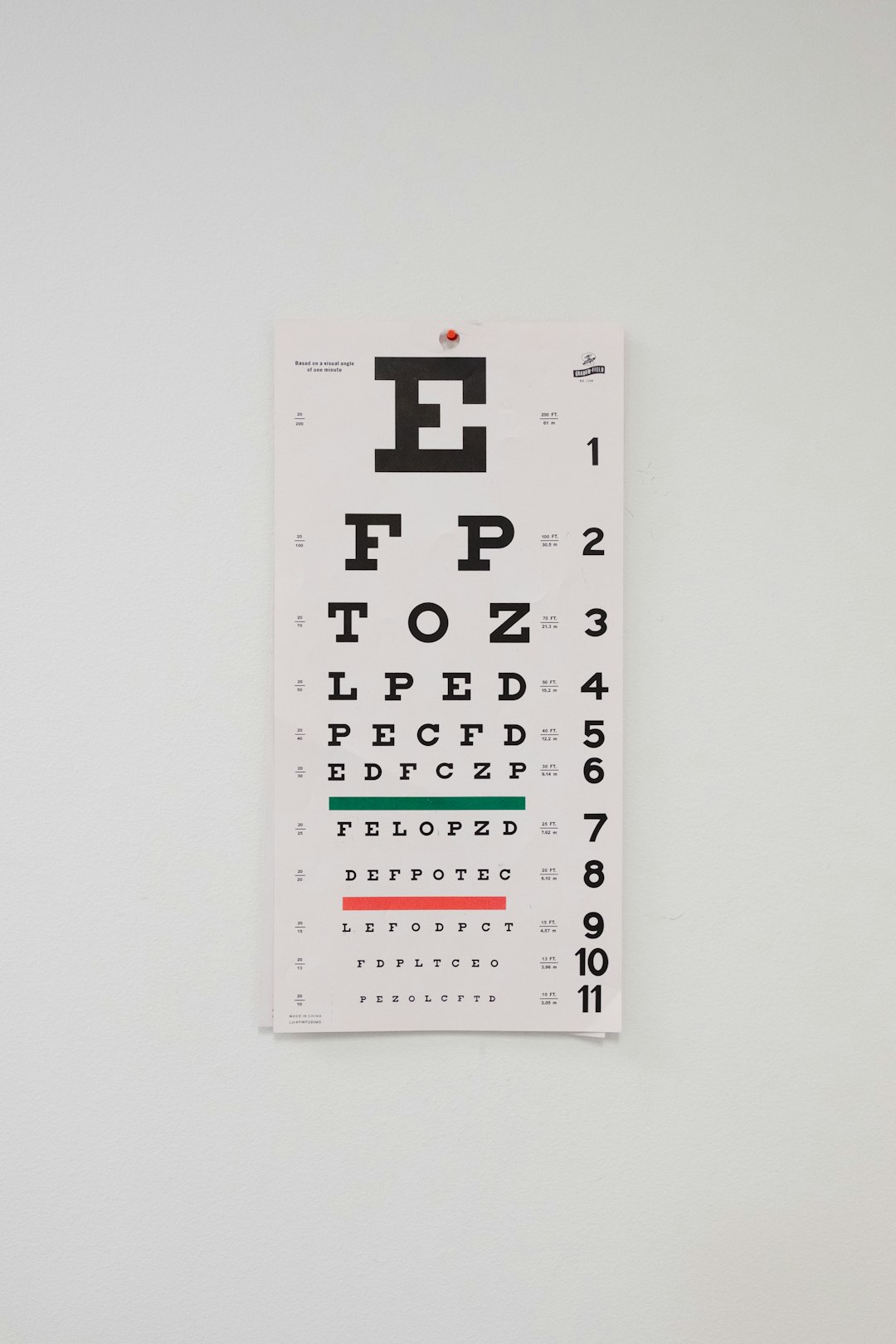
Per diem registered nurse jobs are becoming increasingly popular in the healthcare industry, offering both flexibility and a unique set of challenges for nursing professionals. These roles allow nurses to work on an as-needed basis, often with the potential for higher hourly wages compared to full-time positions. This employment model is particularly appealing to those who wish to have more control over their schedules or want to supplement their income.
The demand for per diem nurses is driven by the fluctuating needs of healthcare facilities, which require additional staff during peak times or to cover for regular staff absences. This provides nurses with the opportunity to work in a variety of settings, from hospitals to clinics, and gain diverse experiences. However, the nature of per diem work also means that shifts are not guaranteed, leading to potential income instability.
One of the significant advantages of per diem nursing is the flexibility it offers. Nurses can choose when and where they want to work, making it an ideal option for those who need to balance other commitments, such as family or further education. This flexibility can also be a boon for those who enjoy traveling, as it allows them to take assignments in different locations.
Despite these benefits, per diem nurses must navigate several challenges. The lack of a consistent schedule can be a downside for those who prefer routine. Additionally, per diem nurses may not receive the same benefits as full-time employees, such as health insurance or retirement plans. This necessitates careful financial planning to ensure stability.
For those interested in pursuing this career path, there are numerous per diem registered nurse jobs available, offering a range of opportunities across different healthcare settings. It’s important for prospective per diem nurses to thoroughly research potential employers and understand the specific requirements and expectations of each role.
Moreover, per diem nurses must be adaptable and quick to integrate into new environments. Each facility may have different protocols and systems, requiring strong communication and organizational skills. Building a reputation as a reliable and skilled nurse is crucial for securing regular assignments and maintaining a steady income.
Healthcare facilities benefit from hiring per diem nurses because it allows them to efficiently manage staffing levels without committing to long-term employment contracts. This flexibility is essential in a field where patient needs can change rapidly. For nurses, this creates an opportunity to work with different teams and learn from a variety of healthcare professionals, enhancing their skills and career prospects.
For more information on how to start a career in this dynamic field, visit the SOS Healthcare Staffing homepage. This resource provides insights into the requirements and expectations for per diem nursing roles, helping you make informed decisions about your career path.
In conclusion, per diem nursing offers a compelling alternative to traditional nursing roles, providing both flexibility and variety. While it presents certain challenges, such as income variability and a lack of benefits, the opportunity to work in diverse environments and maintain control over one’s schedule can be highly rewarding for those who are adaptable and proactive in managing their careers.





